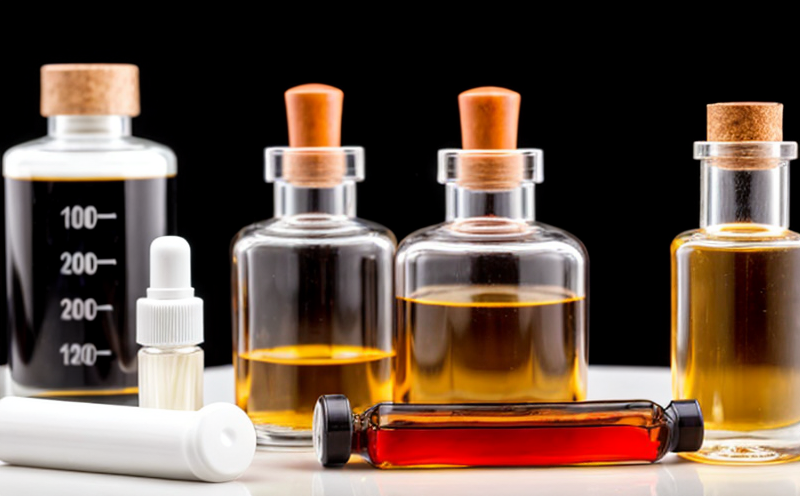Veterinary Nutritional Supplement Testing
The testing of veterinary nutritional supplements is a crucial aspect of ensuring product safety and efficacy. This process involves a meticulous examination aimed at evaluating the quality, purity, and compliance with regulatory standards. Quality managers, compliance officers, R&D engineers, and procurement teams rely on this service to ensure that the products they provide or source meet high standards.
The testing protocol begins with sample preparation, where each supplement is subjected to thorough analysis for its active ingredients, contaminants, and impurities. This step ensures that the product contains what it claims to contain and does not harbor harmful substances. The use of advanced analytical techniques such as High-Performance Liquid Chromatography (HPLC), Gas Chromatography-Mass Spectrometry (GC-MS), and Fourier Transform Infrared Spectroscopy (FTIR) guarantees precision in identifying components.
The testing process also includes assessing the nutritional profile, which involves determining essential vitamins, minerals, amino acids, and other beneficial compounds. This is critical for ensuring that supplements provide adequate nutrients for animals' health and well-being. Compliance with international standards such as ISO 17025, ICH Q3D (Guideline on Elemental Impurities), and FDA guidelines ensures reliability.
Additionally, microbiological testing plays a vital role in assessing the safety of supplements. This involves checking for potential pathogens like Salmonella and E. coli to ensure that supplements are free from harmful microorganisms. The laboratory uses methods such as culture-based techniques and PCR assays for accurate detection.
The final step is the formulation review, where the supplement's label claims are verified against actual content. This ensures transparency and honesty in marketing by confirming that products meet their stated nutritional profiles. By adhering to stringent testing procedures, laboratories provide assurance that supplements are safe for use and effective in supporting animal health.
Industry Applications
- R&D teams can validate new formulations and ensure consistency across batches.
- Quality managers can monitor product quality throughout the supply chain, from manufacturing to distribution.
- Compliance officers can verify adherence to regulatory requirements for safe and effective products.
- Procurement specialists can assess the reliability of suppliers by verifying product specifications.
Why It Matters
The importance of veterinary nutritional supplement testing cannot be overstated. Ensuring that these products are safe and effective is not only a regulatory requirement but also a moral obligation to ensure the well-being of animals under human care. Consumers expect transparency and reliability, especially when it comes to dietary supplements intended for their pets.
Proper testing helps identify potential risks early in the supply chain, preventing harmful products from reaching the market. This proactive approach protects both consumers and manufacturers by maintaining trust and credibility in the industry. Regulatory compliance is essential not only to avoid legal penalties but also to safeguard public health and welfare.
The integrity of veterinary nutritional supplements impacts animal health directly. Incorrect formulations or contamination can lead to adverse effects, including toxicity or ineffectiveness. By adhering to rigorous testing protocols, laboratories contribute significantly to the overall health and safety of animals.
Applied Standards
Testing veterinary nutritional supplements is governed by several international standards designed to ensure accuracy, reliability, and consistency in results. Compliance with these standards ensures that testing methods are validated and results are repeatable.
- ICH Q3D (Guideline on Elemental Impurities): This guideline addresses the presence of elemental impurities in pharmaceutical products, including supplements for animals. It outlines methodologies to detect, quantify, and control these impurities to ensure product safety.
- FDA Guidelines: The Food and Drug Administration provides comprehensive guidelines on the testing of dietary supplements, emphasizing the importance of quality assurance measures throughout the production process.
- ISO 17025: This international standard sets requirements for competence in testing and calibration laboratories. It ensures that laboratories meet stringent criteria for technical capabilities and management systems.





